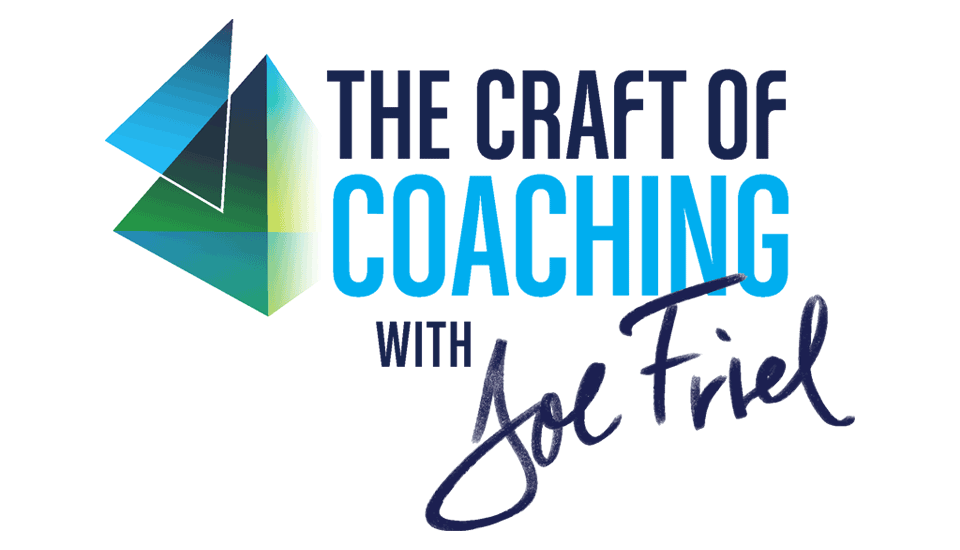5 Non-Negotiables to Include in a Contract
A good contract positions your coaching business for growth by creating opportunity and defending against unforeseen threats. Use your contracts to clearly define expectations for members of your coaching team.
A good contract positions your coaching business for growth by creating opportunity and defending against unforeseen threats. Use your contracts to clearly define expectations for members of your coaching team.
Video Transcript
Mike Ricci 0:05
Hi, this is Mike Ricci of D3 Multisport, and these are my five non-negotiables for building your coaching business. Number one, always have a contract. The importance of a contract, whether it’s with a sibling or a friend, is that when you have a conflict, you can always refer back to the agreement and just see what the actual contract says.
0:24
Number two, make sure specifics are laid out in the contract. It’s important to have specifics in the contract just so the coaches know when they’ll get paid. They’ll know what they’ll get paid for if they do camps and clinics or events, and also like certifications, and then what books they’re required to read.
0:41
Number three, branding needs to be the same across the board. Whether it’s, you know, showing up for an event with the right gear and wearing the brand of the company or signing your email a certain way, like, everything has to be the same so everybody’s uniform, and it just looks like everybody’s coming from the same starting point.
0:58
Number four, messaging has to be on brand. Even with our team at D3 Multisport, methodology of each coach may be a little bit different, but we all have that same general philosophy. And that may mean, you know, we’re all about doing something in terms of like a, you know, a high quality/low volume approach or a high volume/low quality approach, but whatever it is the philosophy is the same. But the methodology and the way to get there may be slightly different.
1:24
Number five, coaches must follow the company guidelines with regards to response time. And why I find this important is an athlete that’s neglected is not a happy athlete. And that’s not going to be customer for a long time. If you can make sure that—you know, for us it’s a 24-hour turnaround, sometimes it’s usually a lot quicker—but getting back to an athlete when they have a question, it’s so important and they know that they’re cared about. And that’s an athlete you’re going to keep for a long time.
1:47
So there is a thing as being too responsive. And when an athlete isn’t paying for an upper level-service, but they’re still getting that service, I always ask the coaches either, you know, ask the athlete to upgrade, or maybe they just back them off. Because it’s really—it’s easy for an athlete to say, “Hey, I can still take advantage of this and get more out of it than what I’m paying for.” But we want to make it fair for everyone and people actually get what they paid for.
2:09
Those are my non-negotiables to have a successful business and I encourage you to come up with your non-negotiables for your business.
